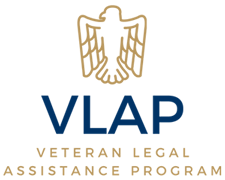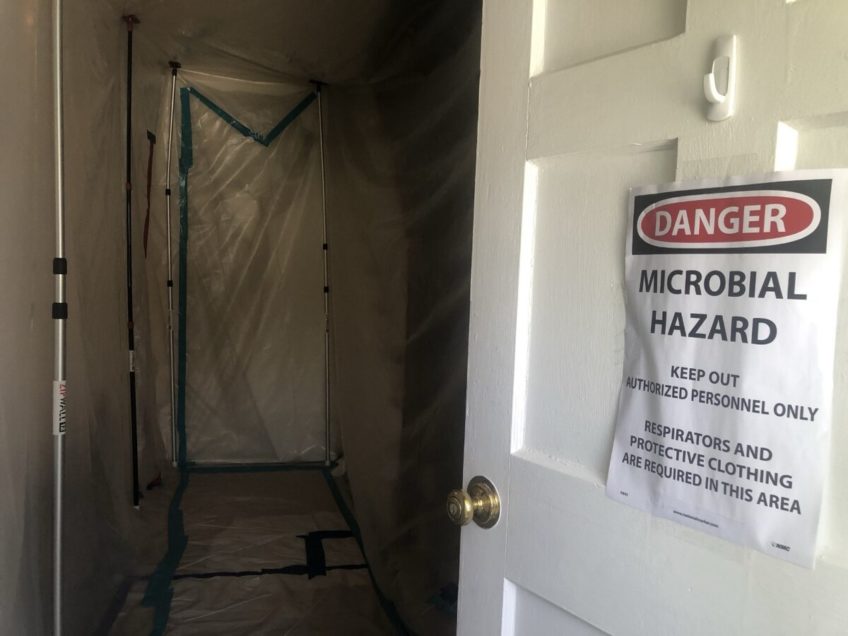
How Can I Protect My VA Education Benefits?
VA education benefits often help Veterans and their loved ones pay for education in the form of college, graduate school, and training programs. Unfortunately, Veterans may find that they can be a target of deceptive recruiting practices by educational institutions.
These predatory practices often manipulate Veterans into enrolling in misleading or fraudulent education programs that do not provide accredited degrees or transferable skills and credits. Some of these programs, unfortunately, may deplete all education entitlements. As a Veteran, it’s important to be able to spot the scams and protect your VA education benefits.
What Kind of Scams Target My Education Benefits?
1. Job Scams
Job boards or ads that target specific demographics have the potential to be fake or misleading. They may require you to give out your personal information or even your money to get a job.
An employer you can trust will never ask you to pay money for the promise of a job.
A few sources of job offers from trusted employers are available at usajobs.gov, FedsHiresVets.gov, and CareerOneStop.org. In addition, you can check with your State’s Department of Labor for lists of job postings, contacts for local job offices, and resources for counseling and referrals.
2. Student Loan Scams
Another scam to watch out for relates to student loans. Watch out for educational institutions that promise immediate student loan forgiveness or debt cancellation. These institutions do not have the ability to negotiate the repayment of your student loans.
For the majority of people who have student loans, loan forgiveness is only made possible through programs that require several years of qualifying payments or other criteria. Learn about student loan forgiveness programs from a trusted source: https://studentaid.gov/manage-loans/forgiveness-cancellation
3. Scholarship Scams
Veterans should also be on the lookout for scholarship scams. These types of scams will sometimes “guarantee” Veterans a scholarship if they pay a redemption or processing fee. Veterans should never be required to pay upfront fees for scholarships.
4. Seminars
Seminars can also be another type of scam that Veterans should be aware of. These scams usually include a high-pressure sales pitch that promises either a scholarship or financial aid in exchange for a fee. This creates a situation where Veterans feel pressured to pay a fee immediately or risk losing the “opportunity.”
5. Free Gifts
Other scams could entice Veterans to enroll in courses by offering free gifts such as laptops or gift cards. As a general rule, it’s best to be wary of educational institutions offering incentives to enroll in the courses they offer.
How Can I Protect My Education Benefits?
- Choose GI Bill Approved Schools. You can use the WEAMS Institution Search Tool to find GI Bill approved schools.
- Take advantage of the GI Bill Comparison Tool which allows you to compare the benefits you’ll receive at different schools.
- Learn about the Principles of Excellence Program. This program requires schools that receive federal funding through programs such as the GI Bill to follow certain guidelines.
- Check out the National Resource Directory Database. This database provides validated resources that support recovery, rehabilitation, and reintegration for Service members, Veterans, family members, and caregivers.
- Find schools that take part in the Yellow Ribbon Program. This program can help you pay for school costs not covered by the Post-9/11 GI Bill.
If you think you have been a victim of VA education benefits fraud, you can contact the VA Office of Inspector General at VAOIG Hotline. You may also file a complaint with the Federal Trade Commission by visiting reportfraud.ftc.gov. If you miss a VA benefits payment, identify a change in payments, or find suspicious activity with your direct deposit account, contact the VA immediately at 1-800-827-1000.
We are Veterans Helping Veterans
The Veterans Legal Assistance Program’s goal is to support Veterans and those serving in active-duty, as well as their families. We want to inform you of the issues affecting the Veteran community and connect you with people we trust.
We’ve got your six.



